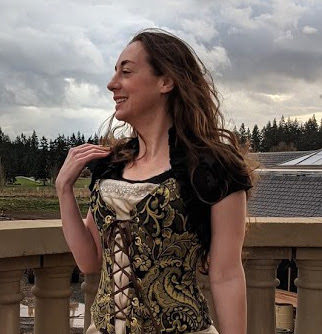Josh works as a senior editor for the Church magazines. Prior to coming to work for the Church, he was an associate editor with the McGraw-Hill Companies. Josh also writes fantasy novels. “My first love was epic fantasy,” he says, “but I’m having so much fun writing my second middle grade fantasy, …
Monday, May 23, 2011
Saturday, May 21, 2011
Interview with Author Elana Johnson
Bio: Elana Johnson’s debut novel, Possession , will be published by Simon Pulse (Simon & Schuster) on June 7, 2011. Her popular ebook, From the Query to the Call , is also available for free download . School teacher by day, Query Ninja by night, you can find her online at her personal blog or Twi…
Thursday, May 19, 2011
Interview with Author A.J. Walker
A.J. Walker is an archaeologist who likes to get to the bottom of things. His training has taught him that under an innocuous field may lie a vanished village, while turning over a simple stone may reveal ancient writing. Finding the hidden under the surface is what archaeology is all about. It'…
Monday, May 16, 2011
Interview with Author Marsha Ward
Marsha Ward was born in Phoenix , Arizona , and although she spent two years in South America, she never roamed far from the Southwest, where she currently lives near Payson , Arizona . Marsha is an award-winning poet, freelance writer and editor whose published work includes three novels, two collabor…
Subscribe to:
Posts (Atom)
Total Pageviews
Pages
- Home
- Art
- The Watchers Books
- Time Management For Creative People Workbook
- Book Trailers
- About Deirdra
- Clothing Designs and Paper Dolls
- Photography
- The Watchers Screenplay
- Crafts and Remodeling
- Book Covers
- Animal Family
- Free Stuff
- Watchers Worldwide
- Q & A
- Contact
- Recipes & Food Art
- Family Safety Advocacy
- My Garden
- Endorsements
- The Sanctuary
- News & Events
- Little Church on the Prairie
- Religious Women's Studies
- A Storybook World Podcast
|
Add this to your site |
Highlight the code below to get A Storybook World button











